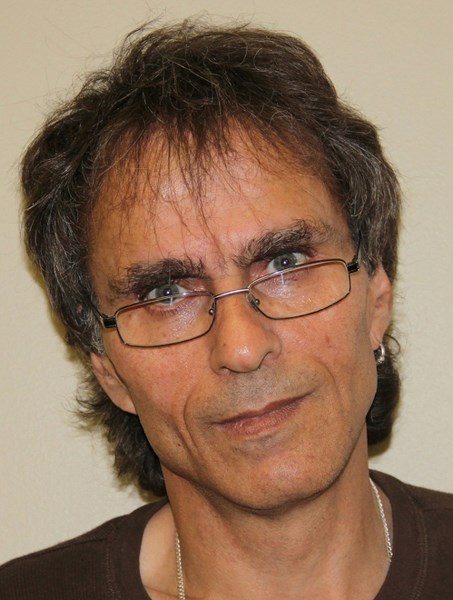As my family began the drive across the Detroit River from Windsor, Ont. to visit relatives in 1967, smoke was still rising above the skyscrapers of the river's namesake American city that was desperately trying to recover from one of the worst race riots in U.S. history.
Detroit was burning in the Summer of Love. People were angry and scared.
I was just a kid, but still wondered what this violence was all about. I was told by grown-ups, through a litany of racial epithets, that bad African-Americans went on a rampage to destroy their once beautiful Motor City.
This vague explanation was repeated all over the news but once in a while one also heard African-Americans were tired of centuries of oppression. And one name always stood out.
Heavyweight champion boxer Muhammad Ali refused to be conscripted into the U.S. military to fight in Vietnam. Ali, who had converted to Islam just a few years earlier, stuck to his religious beliefs and famously said, “I ain't got no quarrel with them Viet Cong.”
During the height of this controversy, which resulted in Ali being stripped of his title, he was largely alone in his legal fight. But the champion did not care. Ali believed the right to follow one's religious beliefs was paramount. He was fully prepared to lose his livelihood and go to prison because his integrity was never for sale.
It was no small matter for anyone, never mind a black man, to take a stand like that against the mighty authority of the American government and military that was bombing tiny Vietnam into the Stone Age. With the race riots spreading across America, it seemed doubtful Ali would have any supporters from the establishment.
While most of my heroes were guys who could hit tape measure homeruns and score buckets of goals, Ali's determined battle to do what he felt was right was mighty impressive. I came from a military family, and refusing to go to war for one's country was a huge no-no. Nevertheless, I was already questioning parental authority from a stern and strict air force sergeant who lived by the mantra that kids should be seen and not heard. Ali's underdog stance, which time and time again “shook up the world,” seized me.
It later became more impressive that this much-maligned man, who had so much stacked against him, persevered and ultimately won his seemingly uphill battle and returned to boxing to regain his heavyweight title. His unimaginable 1974 victory over George Foreman was further testament that when one truly believes in his or her mission anything is possible. For Ali, his later causes as a man of peace - driven by love and justice for everyone– cemented the greatest legacy of all.
Is it any wonder then that when Ali lit the Olympic Torch at the 1996 Summer Games in Atlanta, Ga., with hands shaking from the progression of Parkinson's disease, that hundreds of millions of people across the planet held their breath in awe to celebrate the wonder, courage and perseverance of this man? Would this scene, a revered black man featured so prominently at such a prestigious event in a southern American state with a long history of racial intolerance, have happened 30 years earlier? Only if one had truly shook up the world, and Ali did just that.
Muhammad Ali died on June 3. He did not just make us think a bit more and clearer. He opened our hearts forever in a way no one else could.

